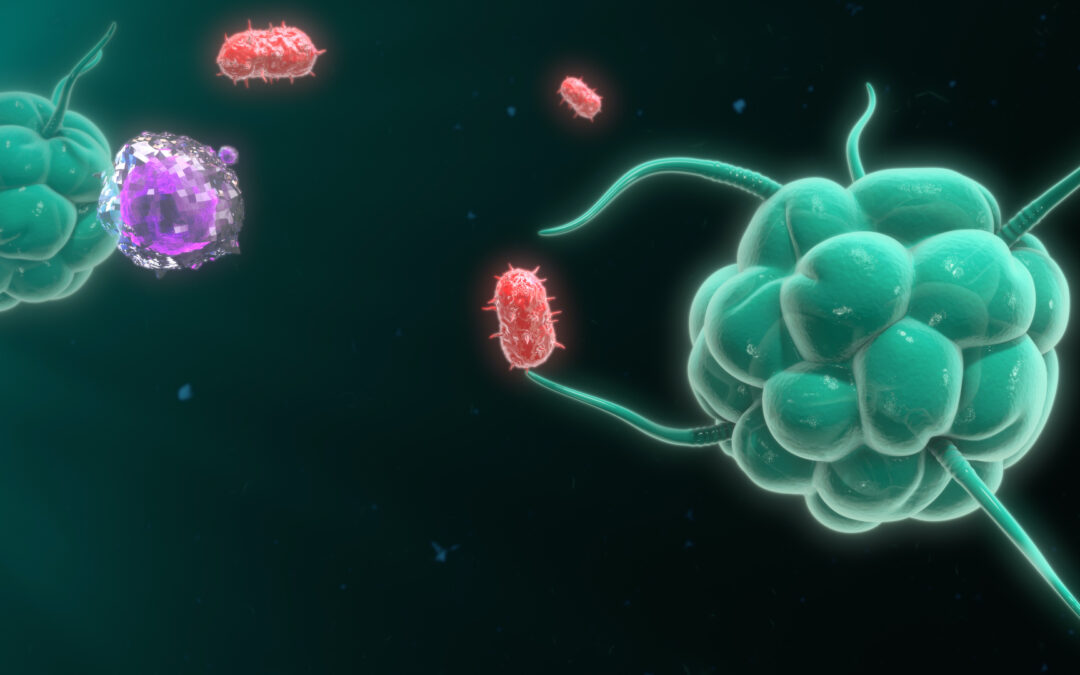
by Karen O'Hanlon Cohrt | Apr 11, 2018 | Trends
In the modern fast-paced worlds of research and medicine, disease models that take us closer to the real-life situation are highly desirable. While we can’t discredit the power of in vitro cell culture methods to provide important clues about biological processes,...

by Karen O'Hanlon Cohrt | Mar 22, 2018 | Trends
In one of our recent posts, we addressed the types of genetic variability that exist in humans and why a greater understanding of these is critical in diagnostics, for predicting our response to new drugs, and in the development of personalized treatments. Here, we...

by Karen O'Hanlon Cohrt | Mar 4, 2018 | Disease Models
Most of us were introduced to phagocytosis as a cellular event where dead host cells, microbial cells or their components, or other foreign bodies are engulfed and often destroyed by specialized cells known as phagocytes. During my undergraduate studies, phagocytosis...

by Karen O'Hanlon Cohrt | Feb 20, 2018 | Trends
Genetic variability can be defined as the genetic differences that exist within or between populations of individuals, and explains the remarkable differences between humans, despite the fact that we share 99.5 % of our DNA with each other. Genetic variability...

by Karen O'Hanlon Cohrt | Jan 31, 2018 | Disease Models
For anyone who has studied biology, macrophages have most likely been on your reading list at one point or another. Microglia on the other hand are less likely to feature on your undergraduate syllabus (or else I’m older than I like to admit!). In this post, we...






